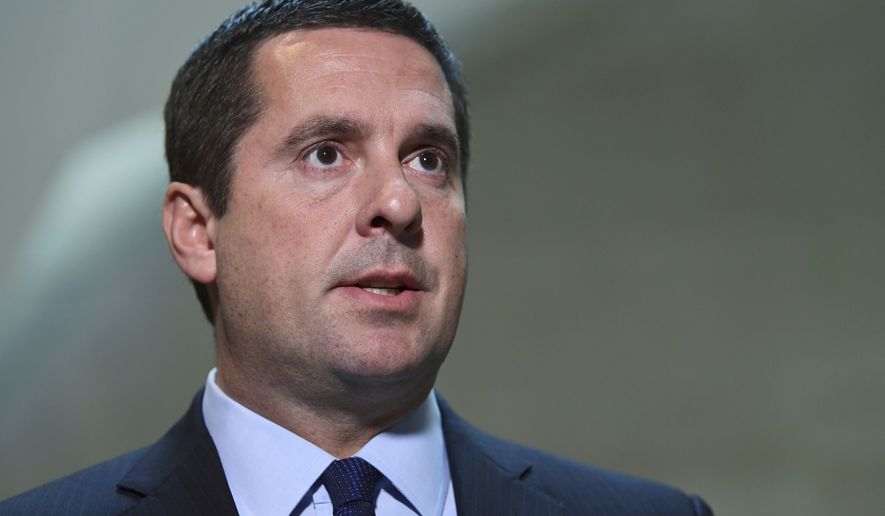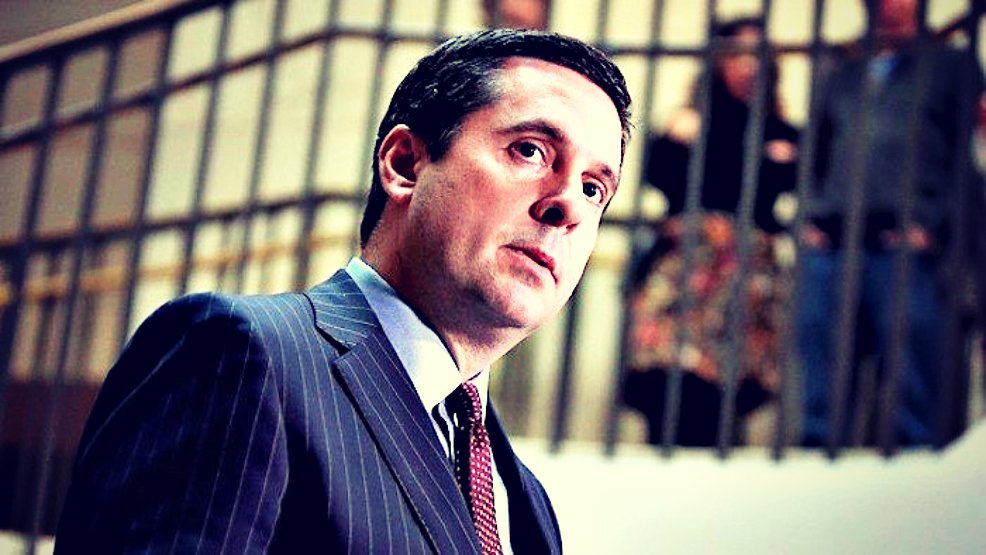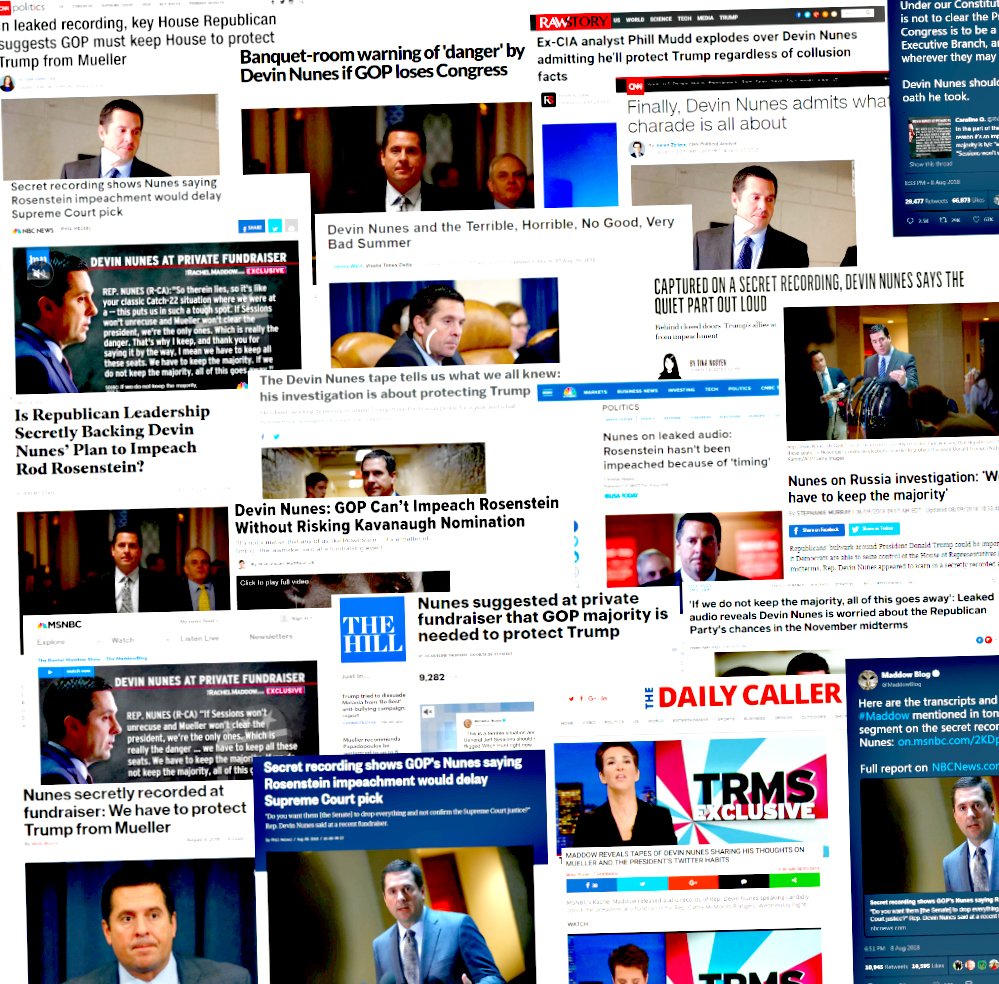
The warrant then produced *spectacular* results.
So there was ample reason for the FBI to suspect him of being a Russian spy.
FISA warrants are granted in 99%+ of cases.
Let me repeat: the facts in the memo *underscore* a pro-Trump plot at the FBI among some rogue agents.
For instance, how do we know the FBI relied exclusively on Steele's research for its FISA warrants? Because the very memo we're writing right now says so.
So there goes *that*.















